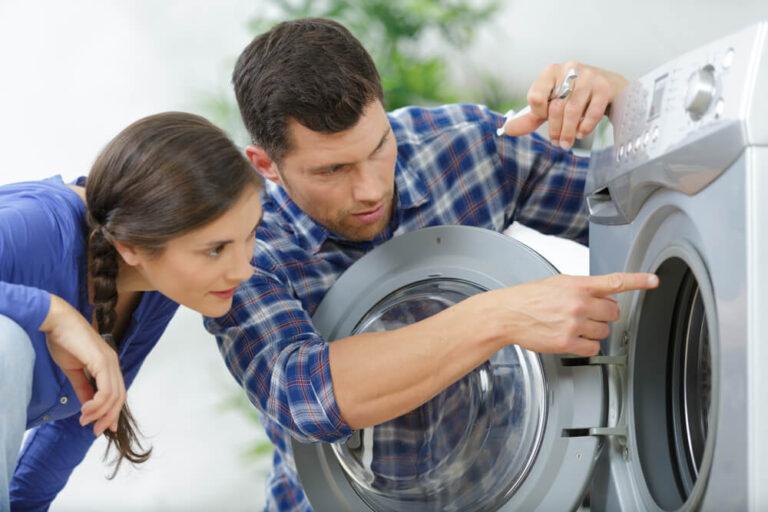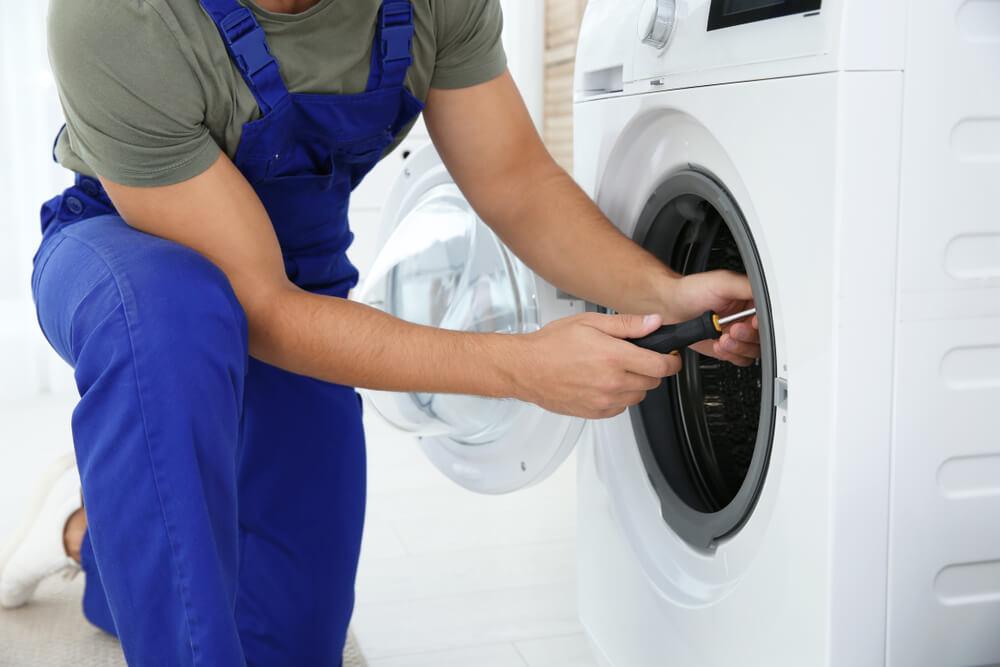
From Parts to Lifespan: Understanding the Economics of Washing Machine Repairs
Introduction
In our modern world, washing machines are indispensable household appliances. They save us time and effort, allowing us to manage our busy lives more efficiently. However, like any machine, they can experience wear and tear over time. This raises an important question: when should you repair your washing machine, and what are the economic implications of those repairs? In this article, we will delve deep washer repair Naperville into the economics of washing machine repairs, exploring everything from the cost of parts to their overall lifespan.
Washer Machine Repair Cost
When discussing washing machine repairs, one of the most significant factors is cost. Understanding the average washer machine repair cost can help homeowners make informed decisions.
1. Factors Influencing Washer Machine Repair Cost
The cost associated with washer machine repairs can vary based on several different factors:
- Age of the Appliance: Older models may require more repairs and potentially more expensive replacement parts.
- Type of Issue: Mechanical issues often have different costs compared to electrical malfunctions.
- Brand: Different manufacturers have varying prices for parts and services.
- Labor Costs: Repair technicians may charge differing rates depending on your region.
2. Average Costs for Common Repairs
Here’s a quick breakdown of typical repair costs you might encounter:
| Repair Type | Average Cost Range | |----------------------------|-------------------------| | Door latch replacement | $50 - $150 | | Drum bearing replacement | $100 - $300 | | Control board replacement | $200 - $500 | | Water pump replacement | $150 - $250 | | Belt replacement | $90 - $150 |
These figures provide a general idea but can fluctuate based on specific circumstances.
3. DIY vs Professional Repairs
If you're handy with tools, you might contemplate tackling some minor repairs yourself. This not only saves on labor costs but also gives you a sense of pride in fixing your appliance. However, consider these points:
- For minor issues like replacing hoses or belts, DIY can be quite economical.
- More complex problems may require professional expertise—attempting these yourself could lead to further damages and higher costs down the line.
From Parts to Lifespan: Understanding the Economics of Washing Machine Repairs
When it comes to washing machines, understanding how each part contributes to both function and longevity is essential. A well-maintained machine can last anywhere from 10 to 15 years, making regular maintenance and timely repairs crucial for extending its lifespan.
4. The Importance of Regular Maintenance
Regular maintenance is key to prolonging your washer's life expectancy.
a) Cleaning Filters and Hoses
Cleaning out filters and hoses prevents blockages that could lead to significant malfunctions.
b) Checking Seals
Inspecting door seals regularly can prevent leaks that might cause water damage or mold growth.
c) Scheduling Professional Checkups
A professional inspection every few years can catch potential problems before they escalate into costly repairs.
5. Understanding Parts Lifespan
Different components within a washing machine have varied lifespans:
- Drum: Typically lasts 10+ years if not overloaded.
- Motor: Can last up to 15 years with proper care.
- Control Board: More susceptible to failure due to electronic components; average lifespan is about 7 years.
6. Replacement vs. Repair Decisions
At what point should you opt for a replacement rather than a repair? Generally, if the total repair cost exceeds 50% of the appliance's value or if it’s an older model requiring frequent fixes, it may be time for an upgrade.
The Role of Technology in Modern Washing Machines
Advancements in technology have revolutionized washing machines over recent decades.

7. Smart Appliances
Modern washers now come equipped with smart technology that allows users to monitor cycles via smartphones or tablets.
8. Energy Efficiency Ratings
Energy-efficient models reduce utility bills significantly over time while being environmentally friendly—therefore potentially saving you money long-term.
Common Issues Leading To Repairs
Understanding common issues can help in early detection and prevention strategies.
9. Unusual Noises During Operation
Unusual sounds often indicate mechanical issues such as loose parts or worn-out bearings—addressing these promptly can prevent larger problems later on.
10. Water Not Draining Properly
Clogs in hoses or pumps are usual culprits here; regular inspections can mitigate this issue before it becomes serious.
Cost-Benefit Analysis of Washer Repairs vs Replacement
When faced with a broken washer, evaluating whether to repair or replace is essential for financial planning.
11. Analyzing Long-Term Costs
Consider all costs associated with both options:
- For repairs, factor in immediate expenses alongside potential future costs.
- For replacements, consider purchase price vs efficiency savings over time.
FAQs About Washing Machine Repairs
What causes my washing machine not to spin?
A common reason could be an unbalanced load or a malfunctioning motor coupler preventing proper operation.
How often should I service my washing machine?
It’s advisable to schedule a check-up every one to two years—this helps maintain performance and longevity!
Is it worth repairing an old washing machine?
If repair costs stay below half its value and it's functioning relatively well otherwise—it might be worth fixing!
What are signs my washer needs repair?
Look out for unusual noises during operation, leaks around the base, or inconsistent cycle performance as warning signs indicating potential issues!
How do I find reliable washer repair services?
Check online reviews through platforms like Yelp or Google Reviews—personal recommendations from friends also serve as great references!

Can I extend my washing machine's lifespan?
Absolutely! Regular maintenance coupled with prompt attention to small issues will effectively extend its life expectancy!
Conclusion
In summary, understanding the economics behind washer machine repairs—from parts and their lifespan considerations—is essential for making informed decisions as homeowners. By weighing factors like repair costs against current market prices for new machines along with preventative maintenance steps discussed above—you’re well-equipped to maximize both your appliance’s functionality and longevity while minimizing unnecessary expenses!
Whether you're deciding between a quick fix or investing in a new model altogether—knowledge truly is power when navigating this aspect of homeownership! Remember that maintaining your appliance not only saves money but also ensures that it serves you faithfully for many laundry cycles ahead!
